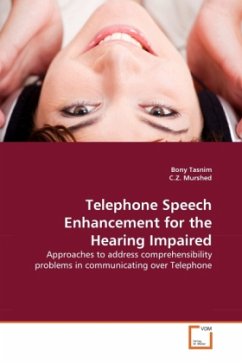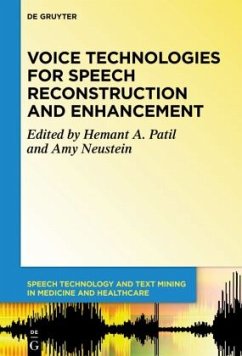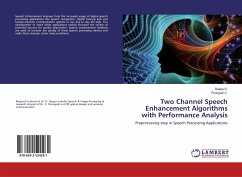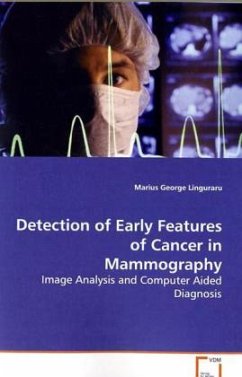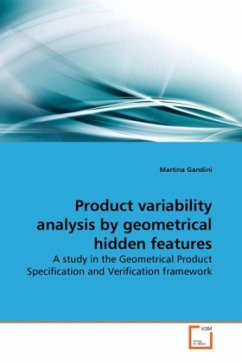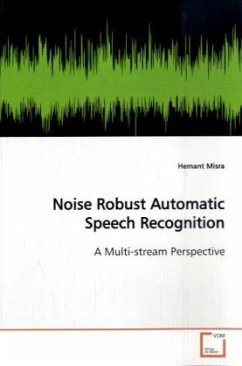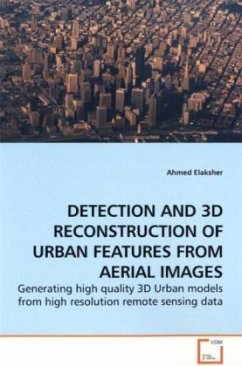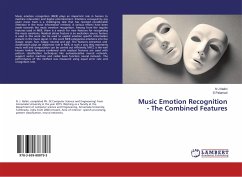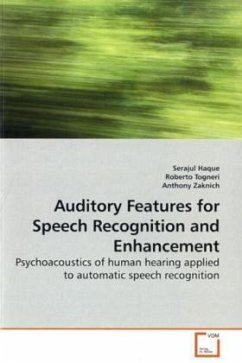
Auditory Features for Speech Recognition and Enhancement
Psychoacoustics of human hearing applied to automatic speech recognition
Versandkostenfrei!
Versandfertig in 6-10 Tagen
44,99 €
inkl. MwSt.

PAYBACK Punkte
22 °P sammeln!
Automatic speech recognition (ASR) involves the transformation of acoustic speech signal captured by a microphone, a telephone, or other transducers, into a text sequence. It is also known as the recognition of speech by a machine or, by some artificial intelligence. However, in spite of focused research in this field for the past several decades, robust speech recognition with high reliability has not been achieved as it degrades in the presence of speaker variabilities, channel mismatch conditions, and in noisy environments. The superb ability of the human auditory system has motivated resea...
Automatic speech recognition (ASR) involves the transformation of acoustic speech signal captured by a microphone, a telephone, or other transducers, into a text sequence. It is also known as the recognition of speech by a machine or, by some artificial intelligence. However, in spite of focused research in this field for the past several decades, robust speech recognition with high reliability has not been achieved as it degrades in the presence of speaker variabilities, channel mismatch conditions, and in noisy environments. The superb ability of the human auditory system has motivated researchers to include features of human perception in the speech recognition process. This book investigates the roles of several psychoacoustic features of human hearing in automatic speech recognition in clean and noisy environments and to determine those perceptual features which are relevant for speech recognition applications. The psychoacoustic features which are investigated are perceptual filterbank corresponding to the critical bands, synaptic adaptation, two-tone suppression, dynamic range compression and simultaneous and temporal masking effects.



